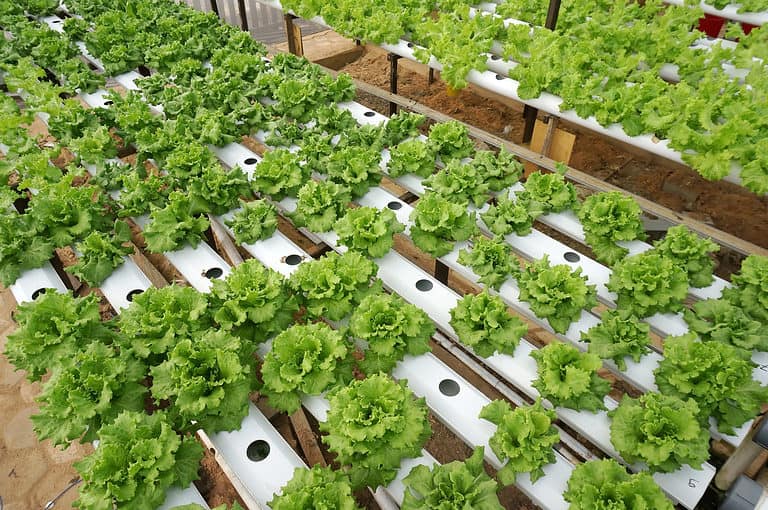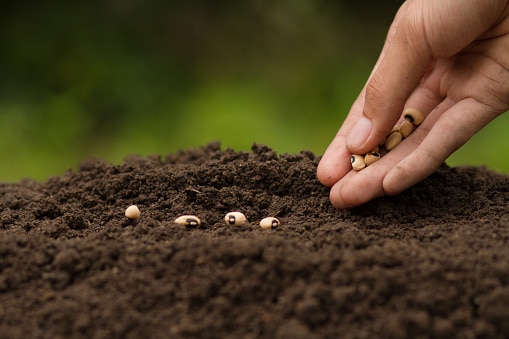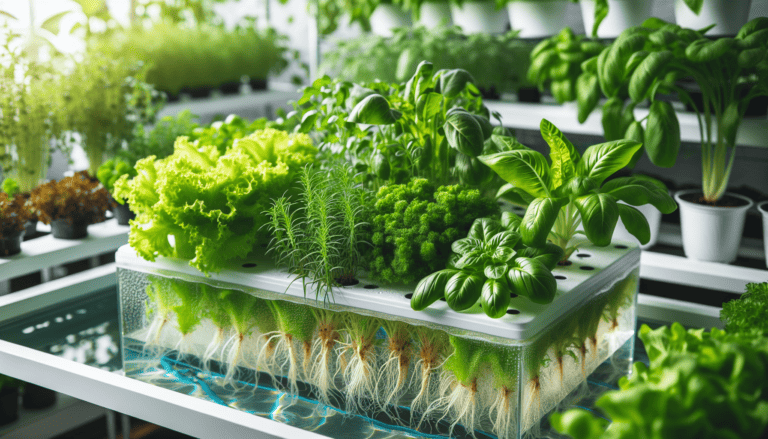Improving Soil Health with Soil Amendments
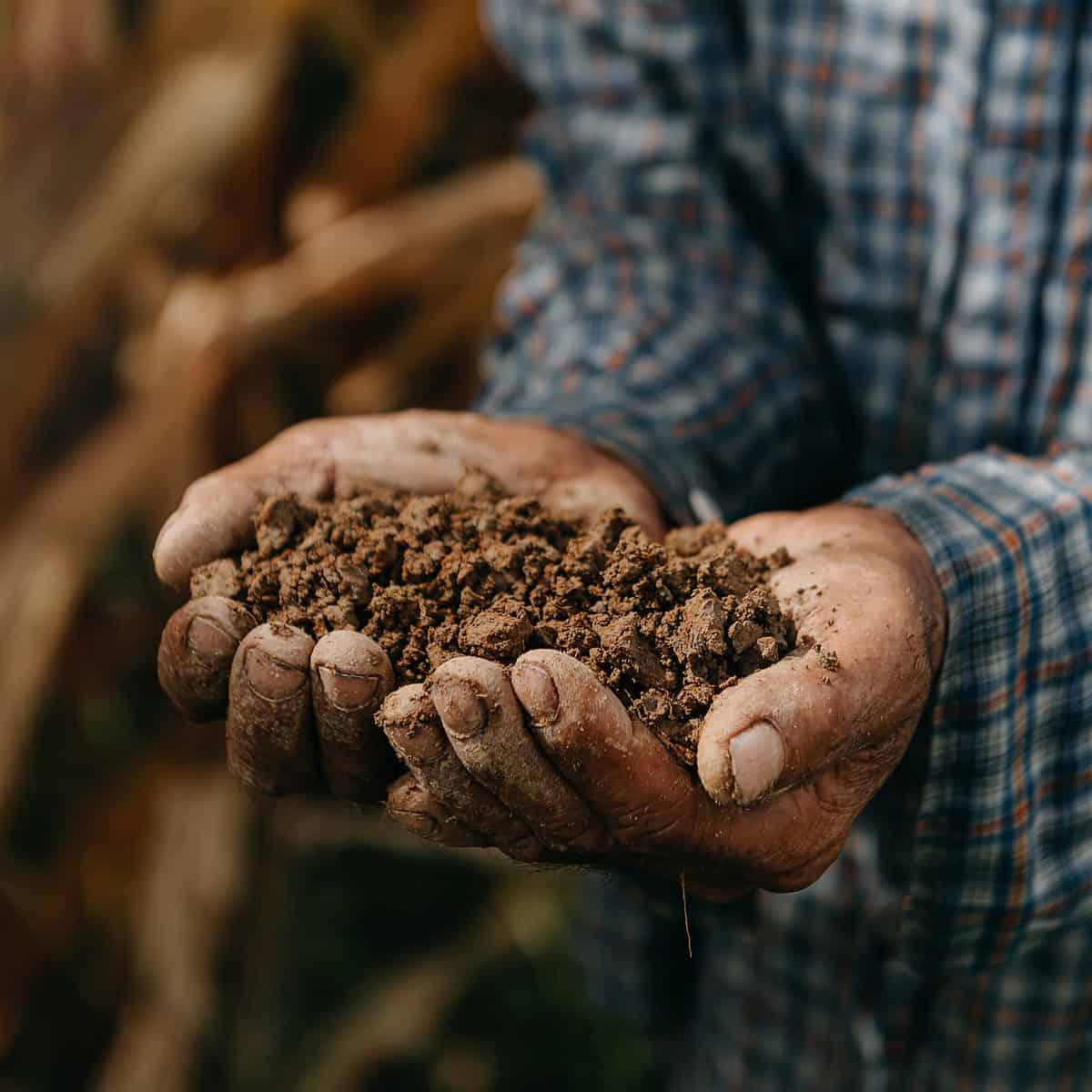
Soil amendments are materials that are added to soil to improve its physical, chemical, or biological properties. These corrective components can help soil better support plant growth, reduce erosion, and improve water retention, among other benefits.
There are many different types of soil corrections or amendments. The best choice for a particular soil depends on its specific characteristics and the needs of the plants in the garden.
Types of Soil Amendments
1. Compost
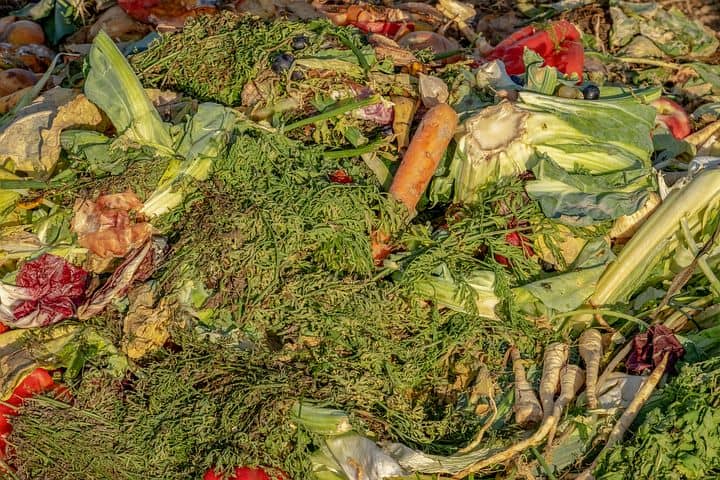
Compost is a common type of soil amendment. It is made up of decomposed organic matter such as leaves, grass clippings, and food waste. Compost adds nutrients to the soil and helps to improve its structure and water-holding capacity. It can also help to suppress weeds and pests and improve the soil’s ability to support a diverse range of microorganisms.
2. Manures
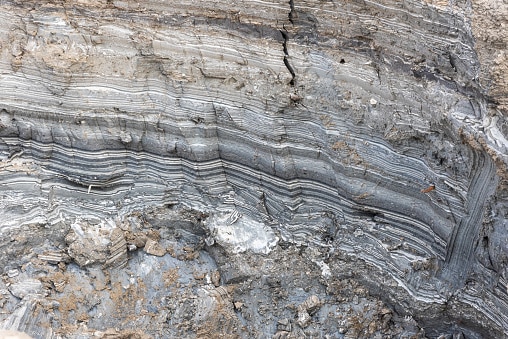
Other types of corrective components include manures. They help add nutrients and organic matter to the soil. Lime contained in manures helps to raise the pH of acidic soils; while sulfur, helps to lower the pH of alkaline soils. Gypsum and Epsom salts also helps to improve soil structure and supply plants with important nutrients. Hence, they can be added.
What to Know Before Using Soil Amendments

When adding soil corrections, it is important to choose the right type and amount for your specific soil and plant needs. Overuse of certain amendments can lead to imbalances in the soil and potentially harm plant growth. It is also a good idea to have your soil tested before adding amendments. This helps you determine the best course of action for improving its quality.
In addition to adding corrective components to the soil, it is also important to practice good soil management techniques. Some of which include avoiding over-tilling and erosion, to help maintain and improve soil health over time. By taking care of your soil, you can create a healthy foundation for your plants to thrive.


